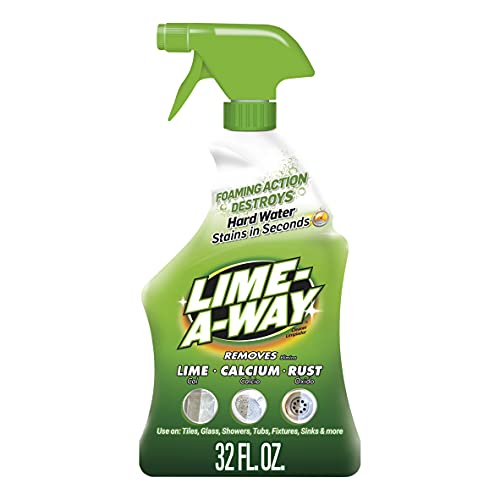These 6 surprising things are clogging your drains – here's how the experts deal with blockages
Don't let blocked drains drain your energy – eliminate these six common culprits

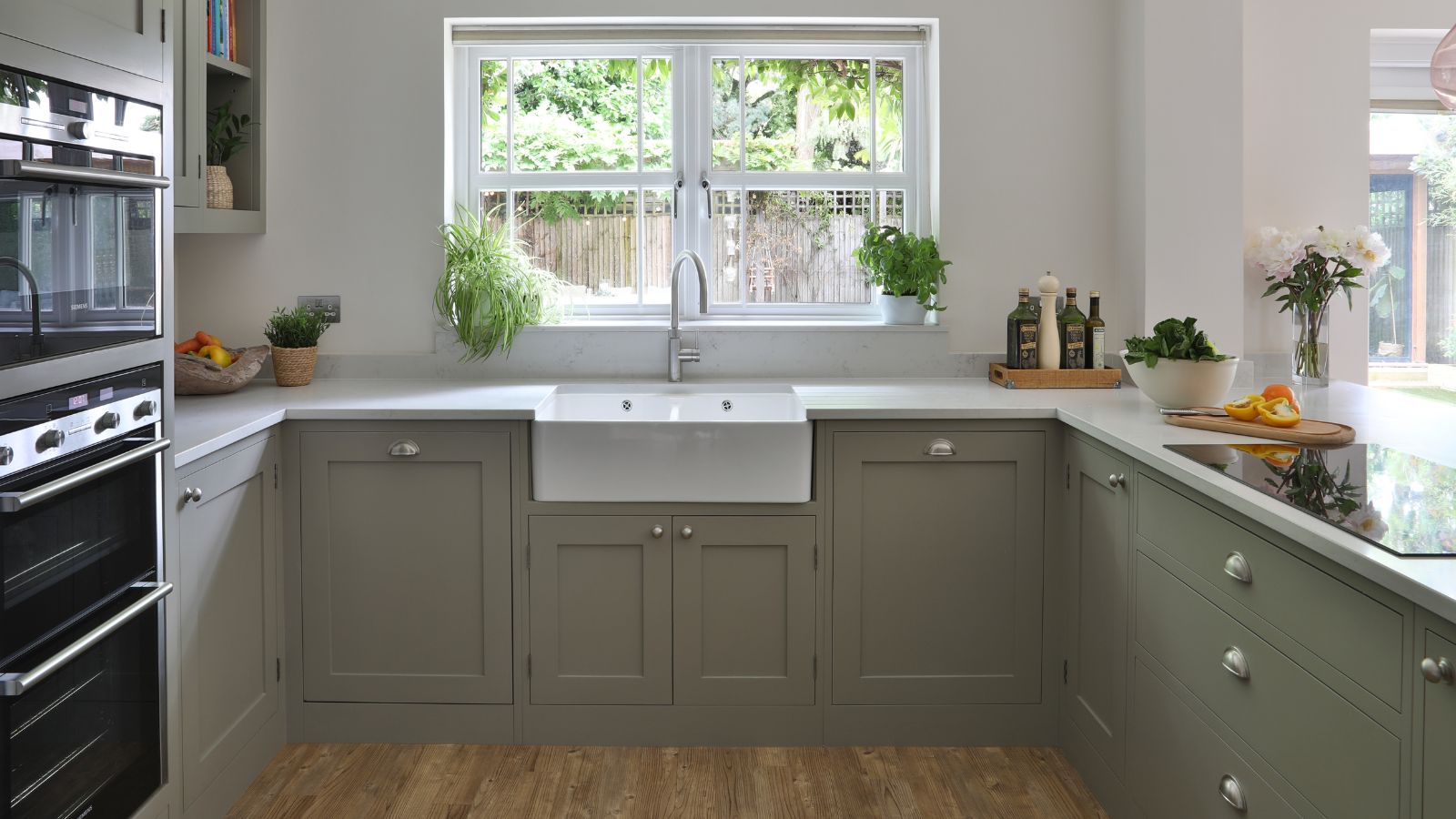
When dealing with slow-draining sinks or clogged bathtubs, it can be difficult to work out exactly what is causing bothersome blockages, particularly if they're recurring.
In both your kitchen and bathroom, there are a number of things that you might be putting down the drains that could be causing problems without you even realizing it. Luckily, this makes it preventable the majority of the time.
We spoke to professional cleaners and drainage experts for their thoughts on the surprising things that might be clogging your drains, and their cleaning tips to prevent them from happening again.
6 surprising things that are clogging your drains
Pouring any old waste and products down your household drains is an easy plumbing disaster to avoid. Simply switching up a few minor habits can help to prevent slow draining, terrible odors and drainage mistakes affecting water runoff.
1. Hair
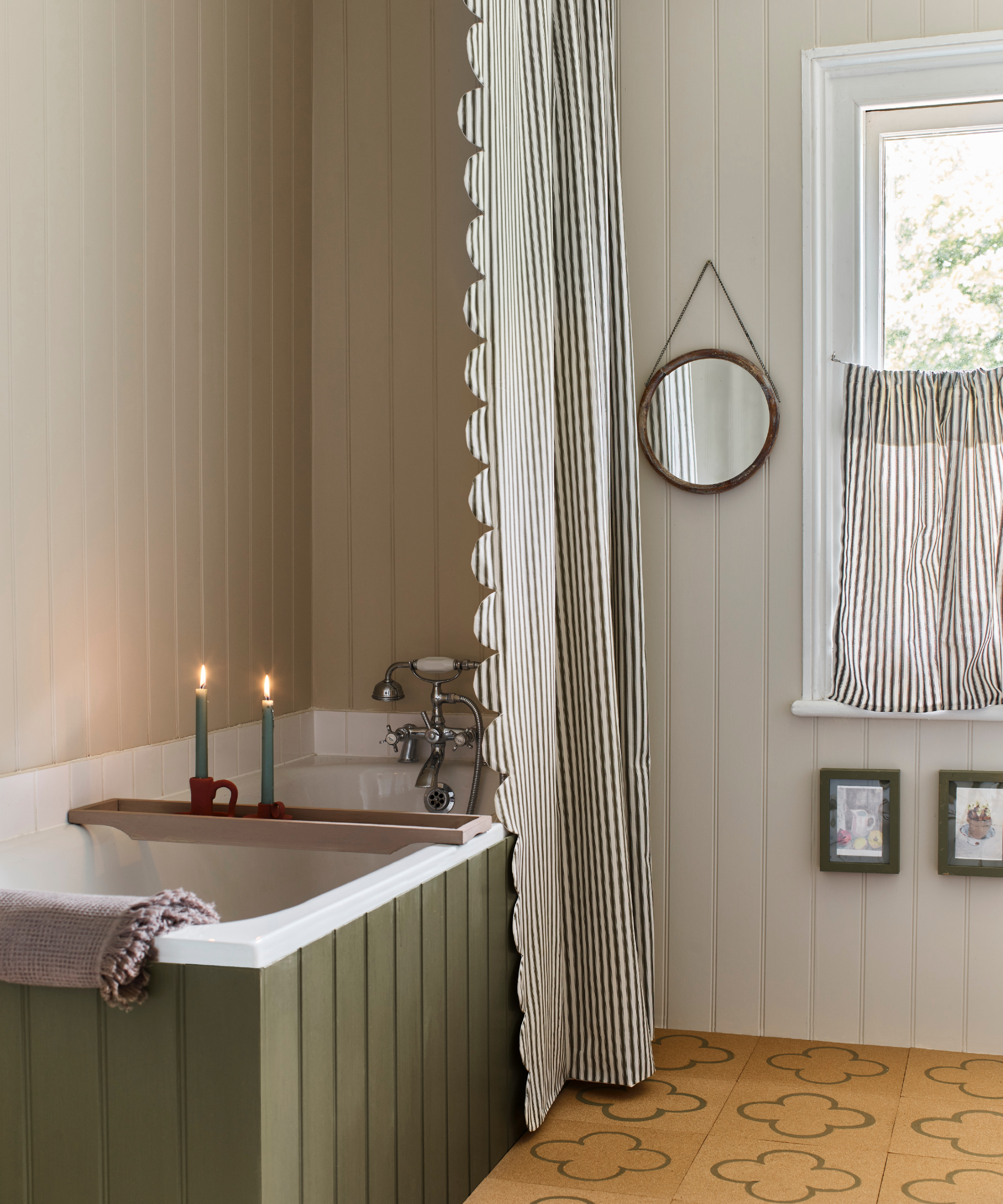
Perhaps one of the more well-known culprits of shower and bath blockages – hair is a common clogger that is difficult to avoid and could be the reason your sink won't drain.
'Hair is a big one,' says Tyler Tranni, an expert in home remodeling at Tranni Home Remodelling. 'It gets wrapped around drains and stuck, blocking water flow.'
As it's inevitable that hair will come into contact with your shower and bath drains, it's best to use a hair catcher to stop it actually going down, such as the number one bestselling TubShroom Ultra Revolutionary Bath Tub Drain Protector Hair Catcher available at Amazon. This is guaranteed to catch most of the hair, every time you shower. Better yet, it can then be easily and effortlessly removed and emptied to prevent blockages and ensure nice-smelling shower drains.
Design expertise in your inbox – from inspiring decorating ideas and beautiful celebrity homes to practical gardening advice and shopping round-ups.
'Clean them regularly,' reminds Tranni, to prevent them getting clogged up themselves.
2. Rust
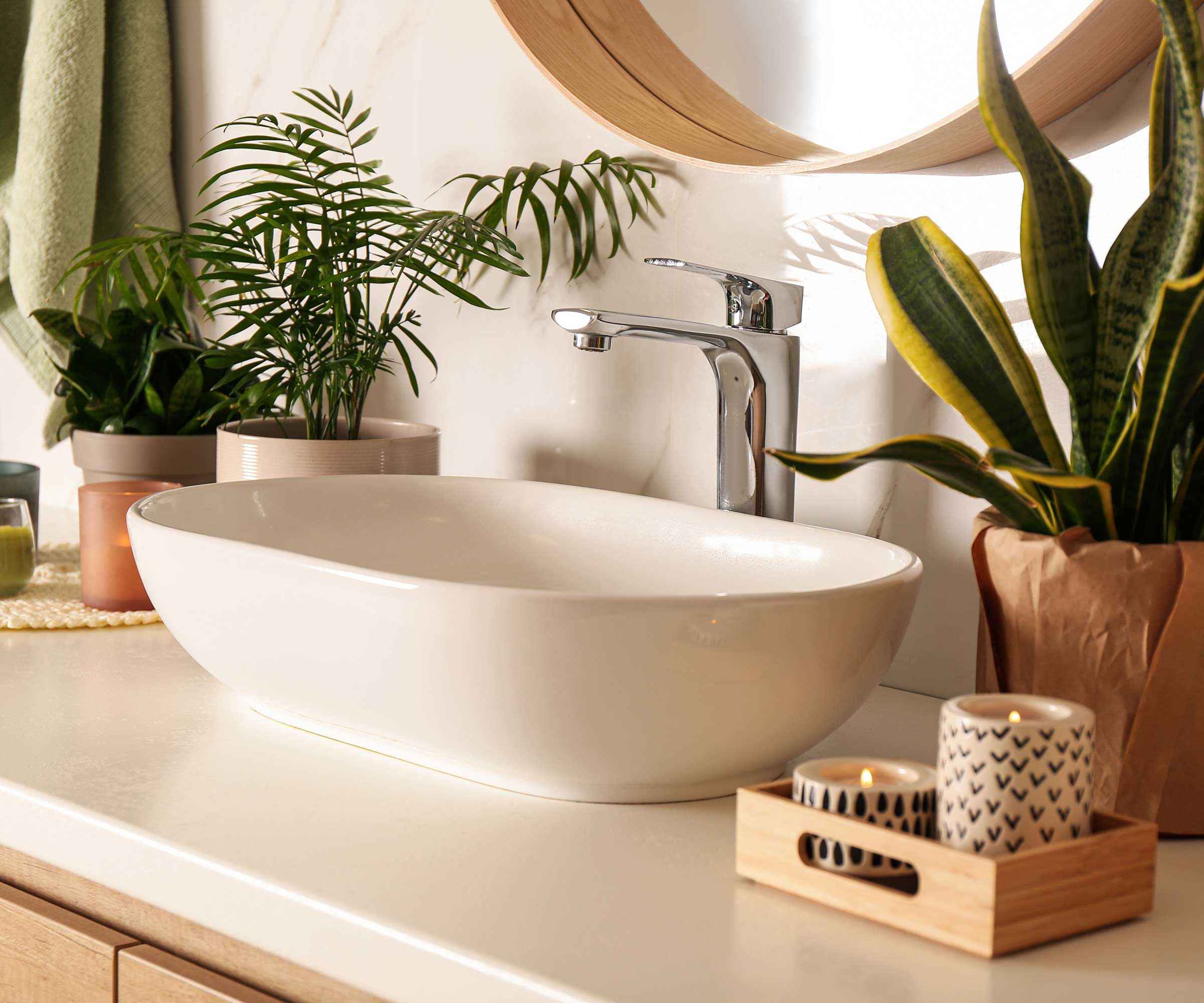
Another common, surprising thing that could be clogging your drains is rust – particularly in older homes with older pipework.
Jason Best, plumbing expert and founder of Sewer Repairs explains, 'Over time, the insides of cast iron sewer pipes rust and corrode'. If you suspect this is what is causing clogs in your drains, or is a plumbing issue you have discovered when renovating a house, you should hire a professional handyman to deal with the problem.
'Our pipe descaling equipment scrapes away built-up rust and scale so clogs can pass through freely again,' says Best. 'For severely deteriorated cast iron pipes, we often recommend replacement using trenchless CIPP lining. This involves inserting a resin-impregnated liner which hardens in place to create a “pipe within a pipe.”'
This is also one of the reasons why you shouldn't use vinegar and baking soda to unclog a drain, even though homeowners are often urged to pour vinegar down drains, as it may weaken the integrity of pipework and exacerbate rusting.
3. Cooking grease
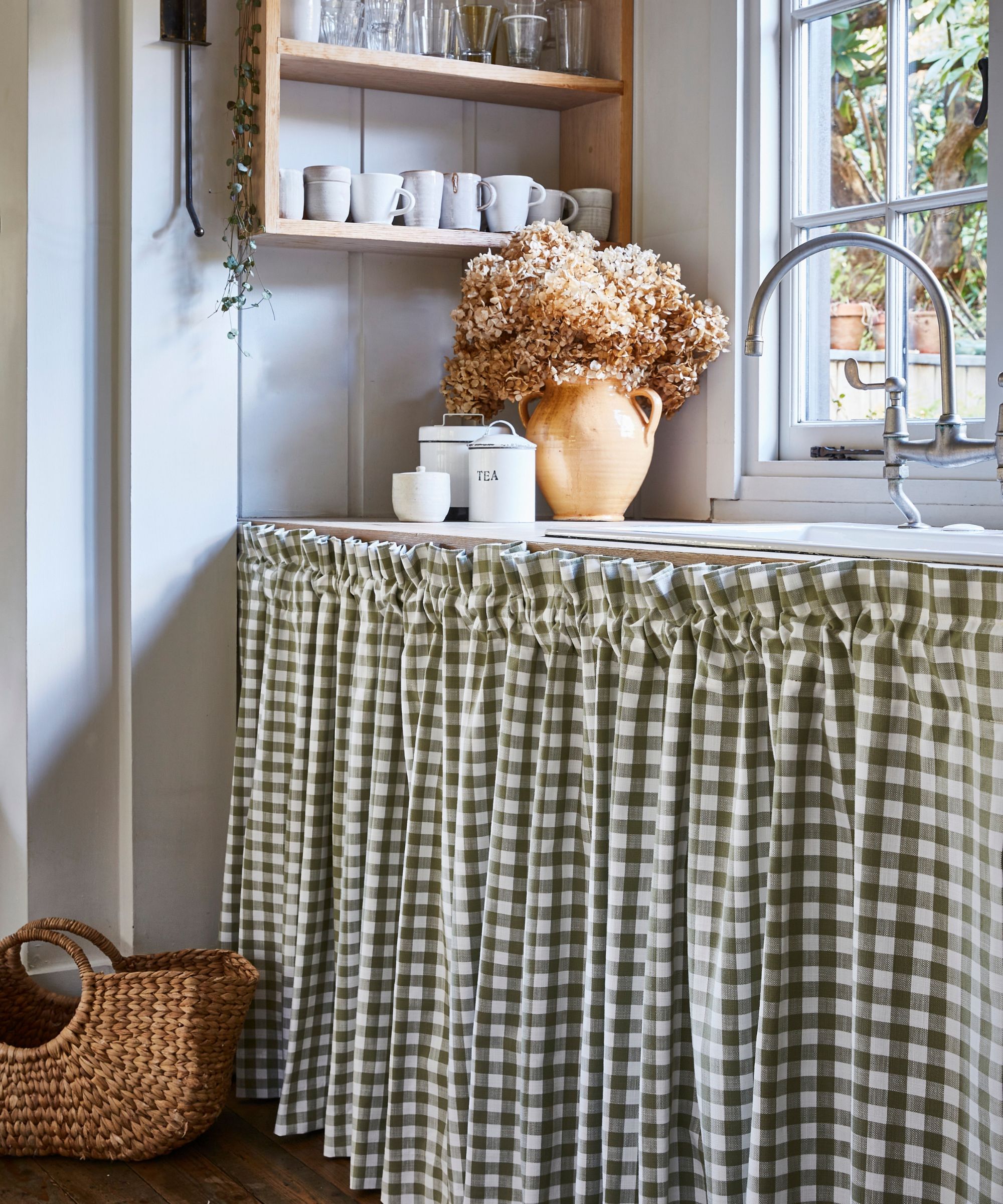
It can be difficult to know how to dispose of cooking oil, but pouring it down your sink is never recommended.
Josh Mitchell, plumbing technician and owner of Plumbing Lab warns, 'Grease solidifies inside plumbing, catching other debris and forming clogs. Never pour grease down the drain. Instead, pour it into a container and throw it in the trash,' once it has solidified. Mitchell also recommends using a grease disposal system.
If you have poured grease down your drain, use a heavy-duty kitchen drain unblocker such as Drano from Amazon, to help clear the block quickly and before it gets worse.
Learn the four best ways to dispose of cooking fat.
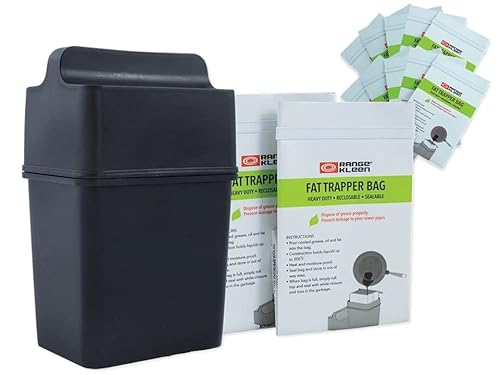
This grease disposal system comes with 12 disposable bags, to trap unpleasant smells and make disposing of oil easy. The grease bin is designed with the purpose of catching and storing grease until it is time to throw away, while the sleek container keeps it hidden from view and off your kitchen countertops.
4. Soap scum and mineral buildup
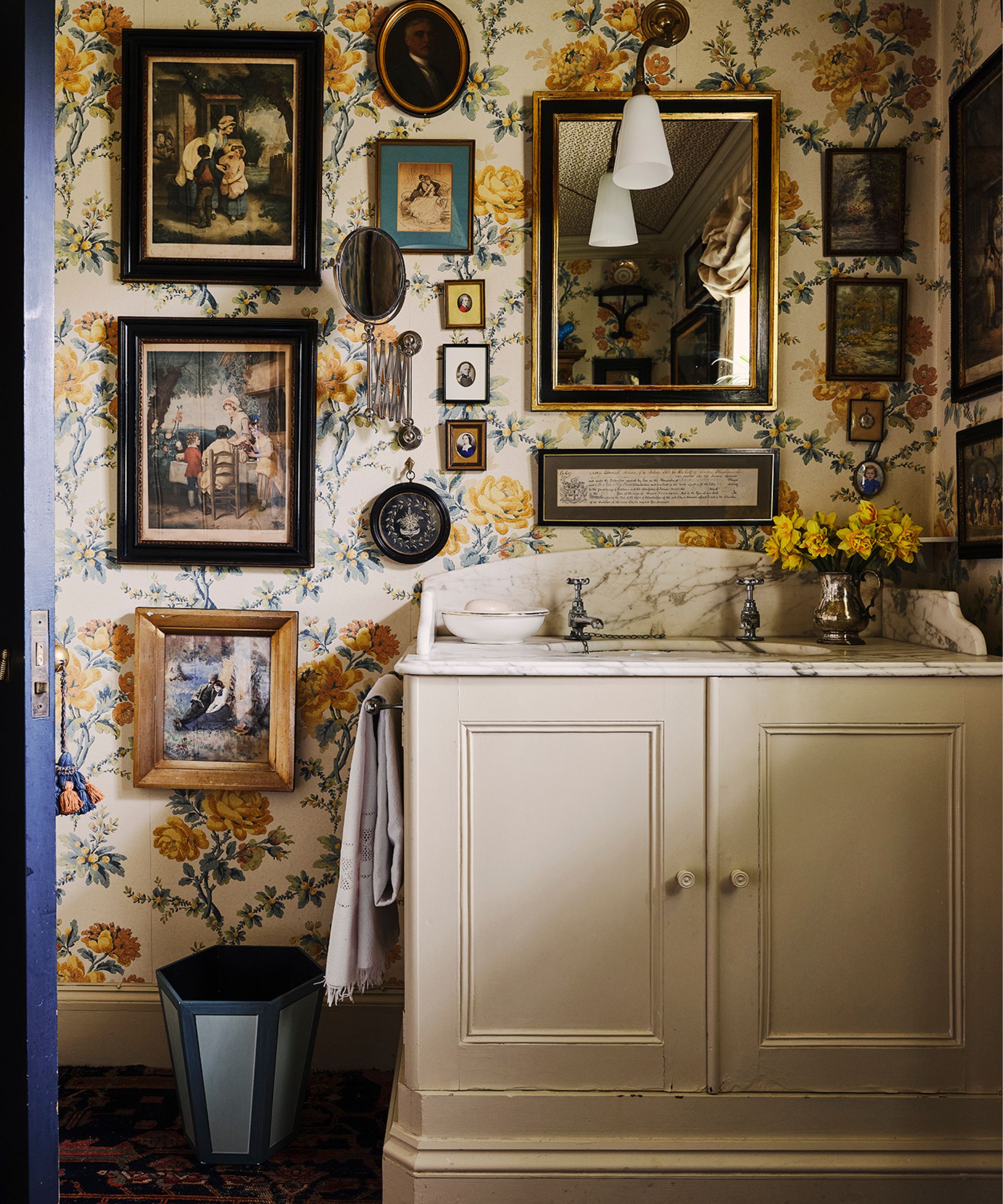
Surprisingly, soap scum may also be contributing to clogged drains – which can feel unavoidable.
'Traditional bar soaps contain fats that combine with minerals in water to create a hard residue,' says plumbing technician Mitchell.
To avoid this, try switching to liquid soap, or soap-free cleansers to reduce scum. We recommend the Aesop Reverence Aromatique Hand Wash available at Amazon, which leaves skin polished and supple, without causing any blockages.
You may also want to consider using a water softener, such as the Aquasure Harmony Series 48,000 Grains Whole House Water Softener available at Amazon to minimize mineral deposits in your water, suggests Mitchell, which can help to reduce soap scum buildup.
'For heavy limescale, commercial limescale removers are best,' advises general contractor Jason Lamprey from Square One Construction Services. 'Applied regularly, they prevent buildup and keep drains flowing freely.' These can also be used to remove limescale from taps, shower glass and to clean faucet heads.
5. Coffee grounds
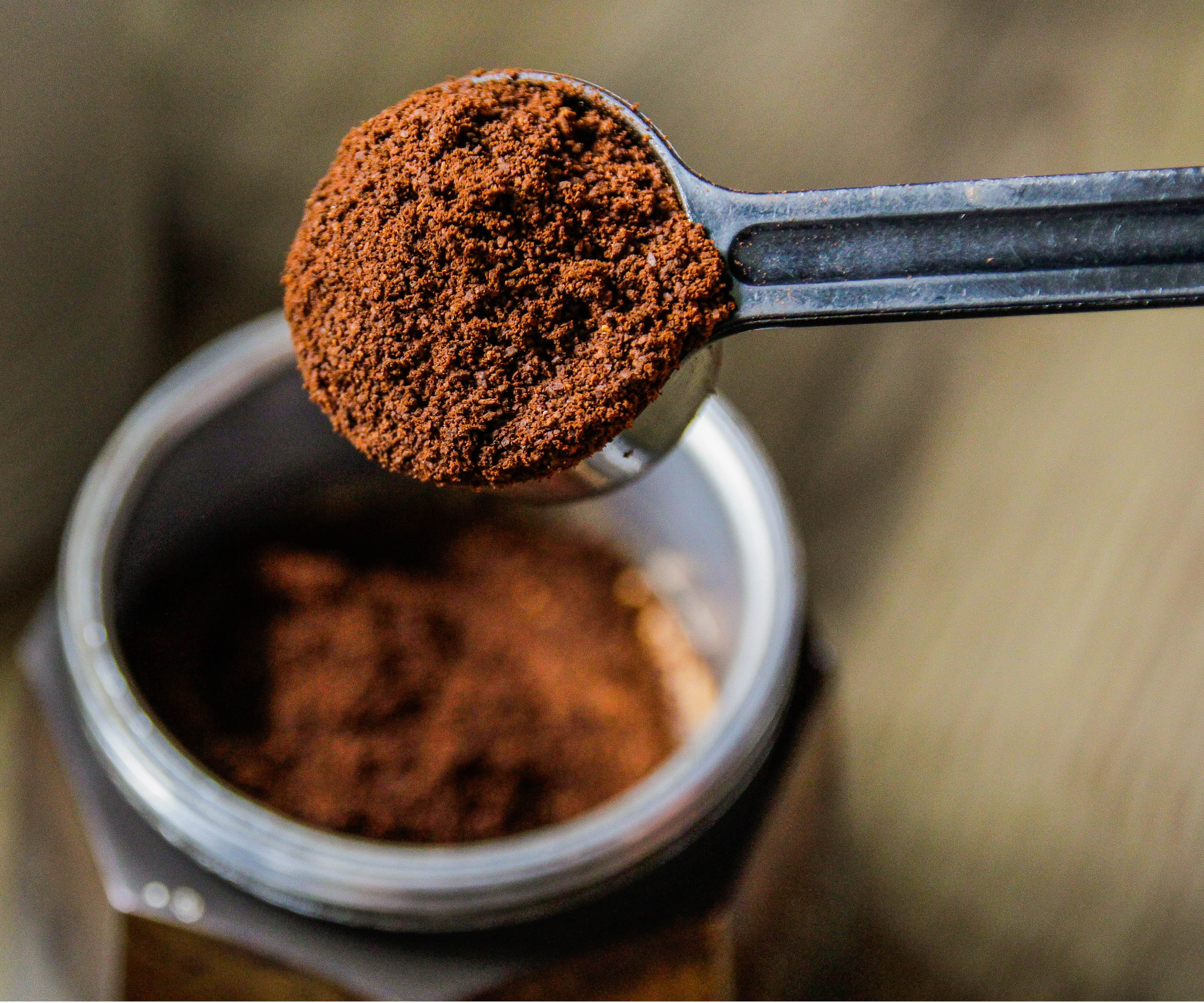
After a much-needed caffeine fix, plumbing technician Mitchell warns against pouring leftover coffee grounds down your sink.
'Coffee grounds stick together and easily get caught in your drain's tap,' he says. 'Instead, throw coffee grounds in the trash, or add them to your compost pile.' Coffee grounds make great fertilizer for houseplants and are good for plants when creating an eco-friendly garden.
'Consider a French press for coffee making, which keeps grounds contained and out of your sink,' adds Mitchell.
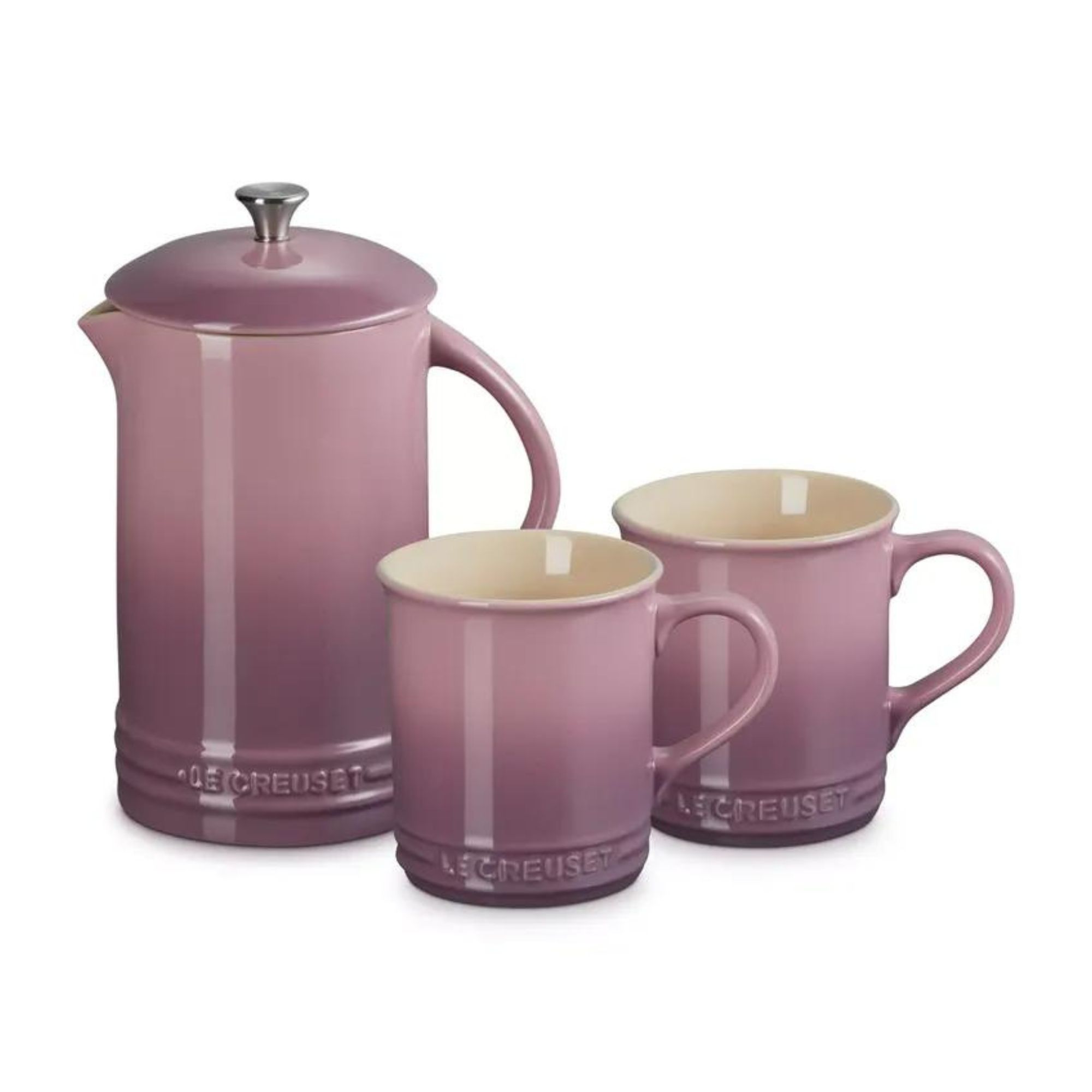
This French press is available in five colorways, with matching mugs, perfect for adding a stylish touch to your morning coffee. The stainless steel press contains a mesh sleeve to easily catch coffee grounds to reuse in your garden.
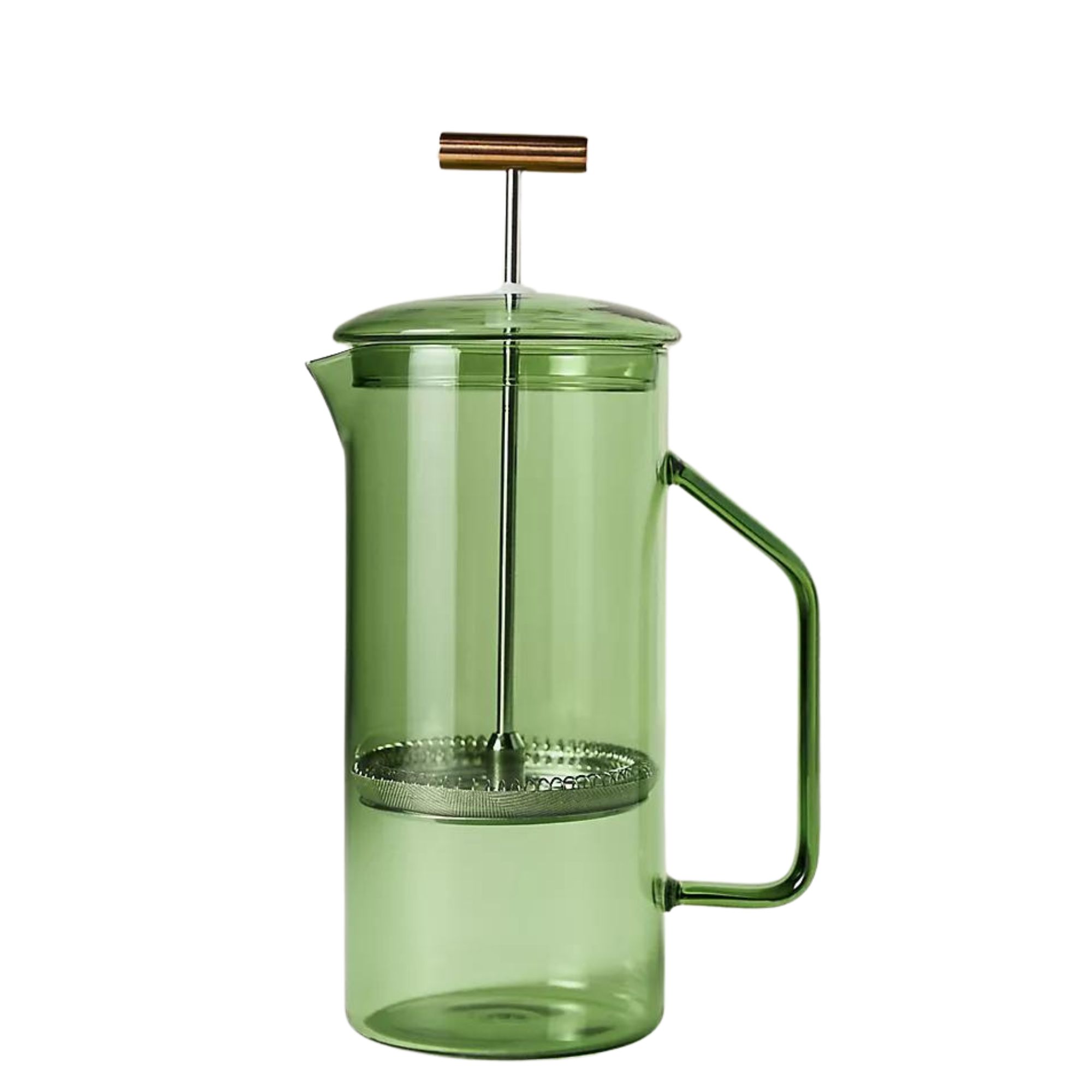
This gorgeous green glass French press can be used to brew full-bodied tea or coffee, made of borosilicate glass for transparency and thermal stability, with a copper pull.
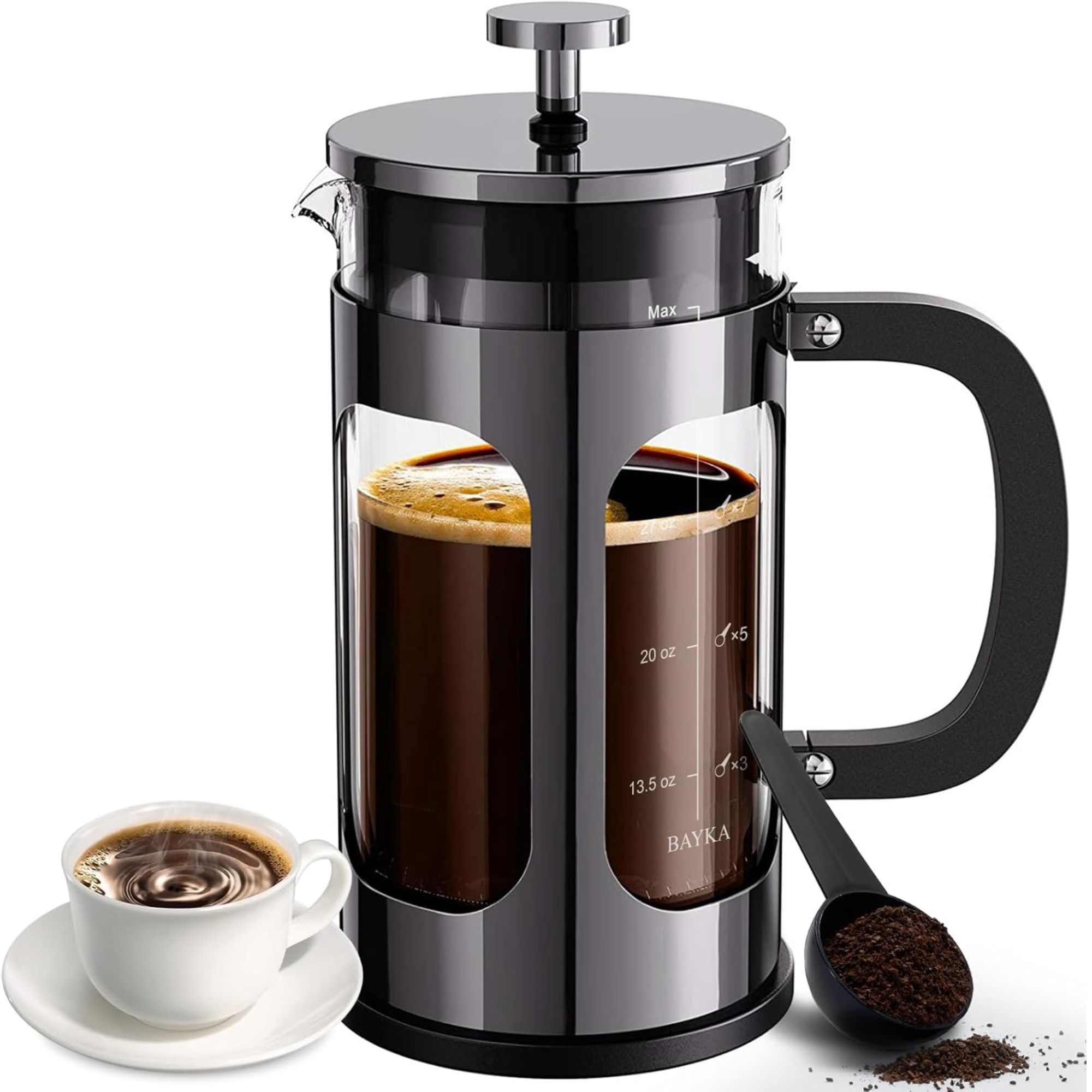
This bestselling French press features a sleek and stylish design, and is durable, long-lasting and easy to clean. It uses a 4-level filtration system, to ensure great tasting coffee while catching coffee sediment for use in your garden.
6. Flushable baby and makeup wipes
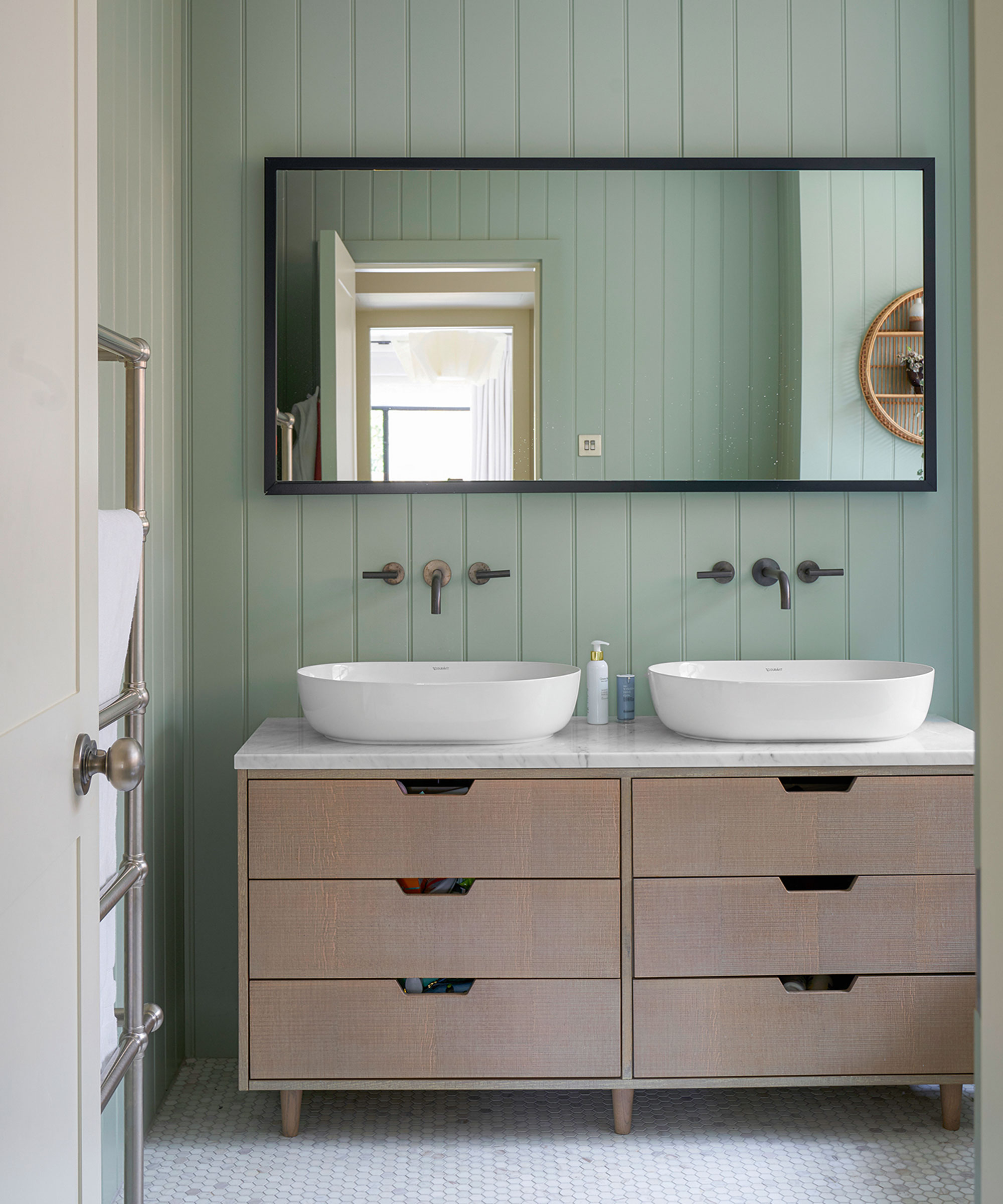
While flushable baby and makeup wipes claim to not cause clogs, expert in home remodelling Tranni advises that they should not be flushed down the drain, and could be the cause of your slow-draining toilet.
'Though marketed as “flushable,” they don’t break down easily and accumulate to clog pipes,' he says. 'Instead, I suggest throwing wipes in the trash, not the toilet. For existing clogs, using a plumber’s snake or hydrojet can usually clear them.'
Also, consider using a more environmentally friendly alternative to wipes, such as reusable cloths and liquid cleansers.
FAQs
Do dishwasher and laundry pods clog drains?
When used correctly according to instructions, dishwasher and laundry pods will not cause clogs. However, if you're making mistakes with your laundry pods, such as using too many, excess detergent can accumulate and cause a blockage.
Cutting down on laundry detergent will therefore protect your pipes and, surprisingly, make your clothes feel better, too.
What is the best chemical to unblock drains?
When it comes to unblocking rather than prevention, caustic soda is the most effective substance to use.
This will efficiently break up clogs and get things moving again, and it can also handily be used to clean a bathroom sink.
Alternatively, you can also use the Alka-Seltzer hack to clear slow-moving drains.
If your kitchen sink or dishwasher won't drain, it could be the result of a clogged garbage disposal.
This can be cleaned by turning off the garbage disposal, manually breaking up blockages, using ice to clean the garbage disposal, or cleaning it with baking soda and cleaning with vinegar. If in doubt, always consult a professional plumber for their expertise, especially when dealing with dangerous appliances.

Ottilie joined Homes & Gardens in 2024 as the News Writer on Solved, after finishing a Master's in Magazine Journalism at City, University of London. Now, as the Sleep Editor, she spends her days hunting deals and producing content on all things sleep – from mattresses and sheets to protectors and pillows, all of which she tests in her own home. She also has particular expertise in home fragrance, covering everything from candles to reed diffusers.
Previously, she has written for Livingetc and Motorsport Magazine, and also has a Master's degree in English Literature and History of Art from the University of Edinburgh, where she developed a love for inspiring interiors and architecture.
